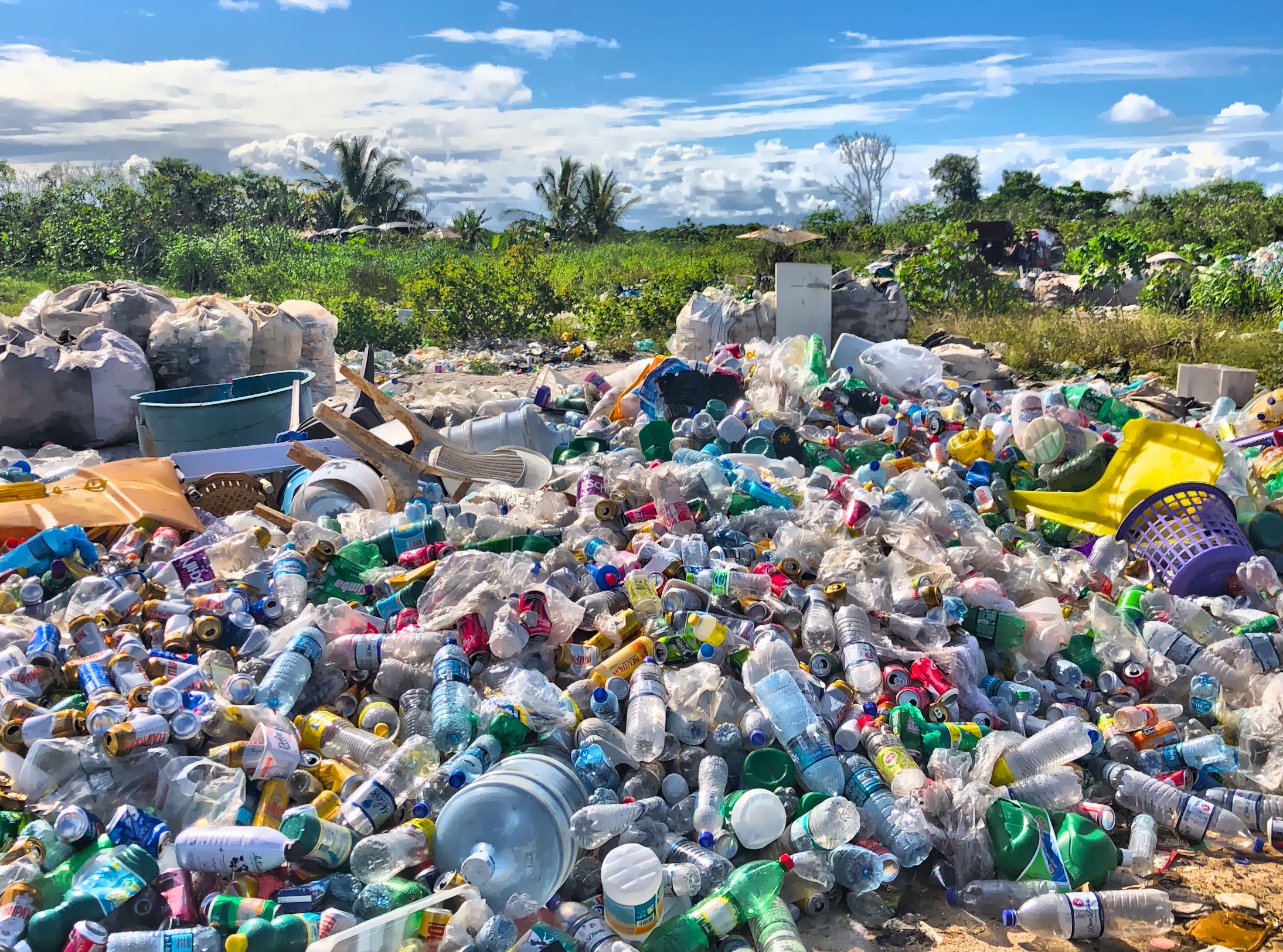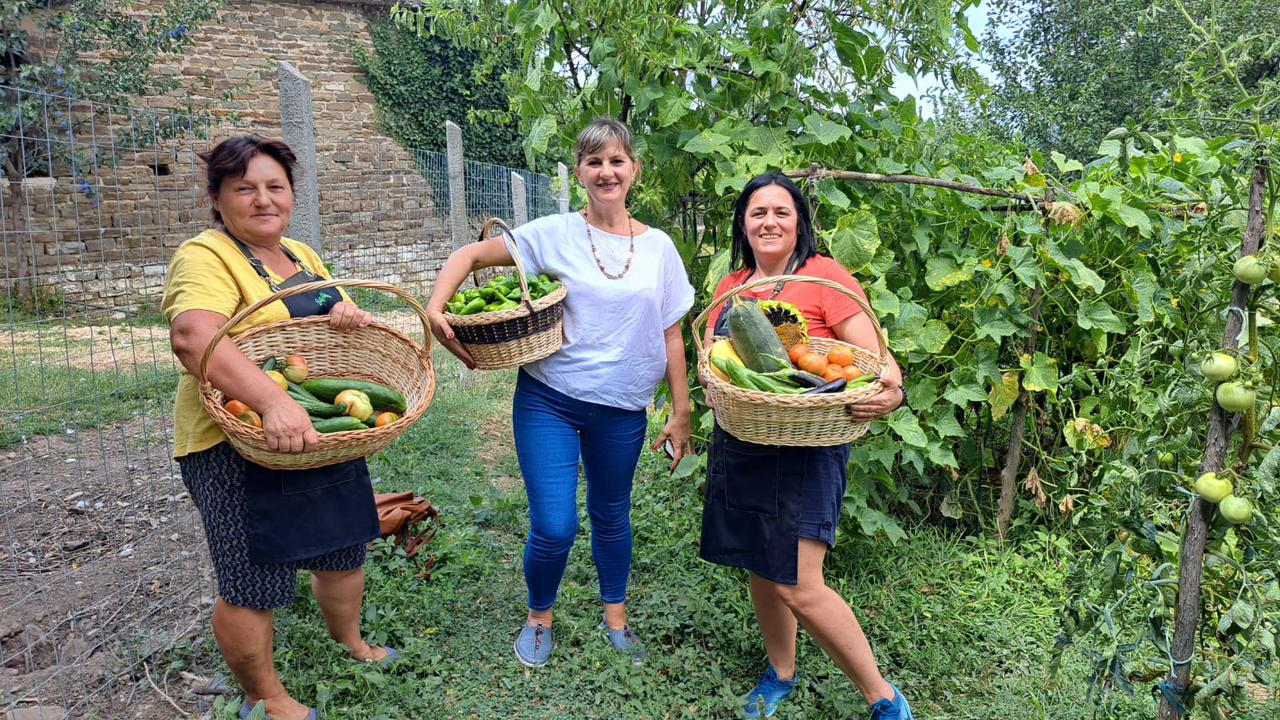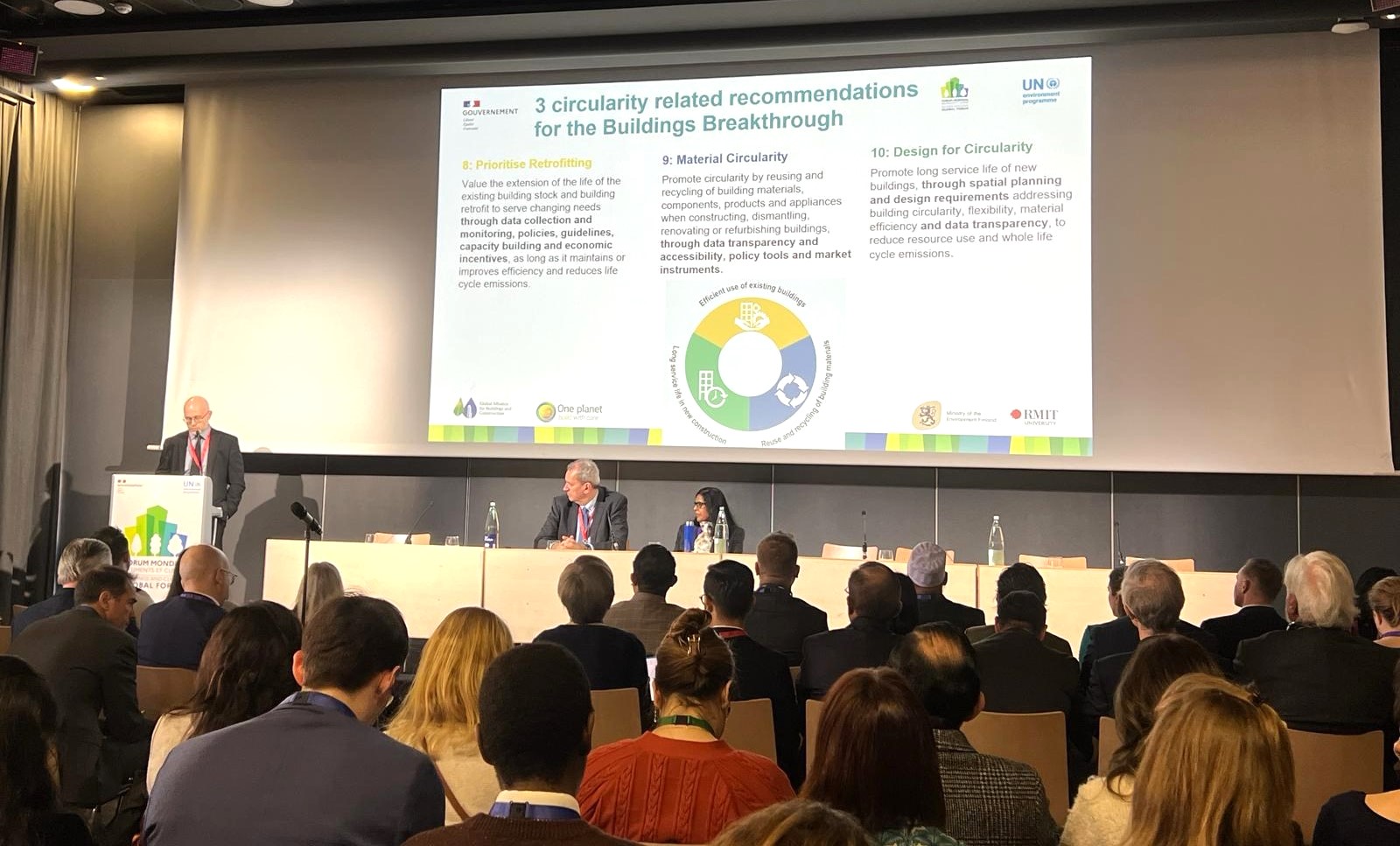Zero Waste Peninsula - Large-Scale Zero Waste Project in Bahia, Brazil
PLZ stands for Península Lixo Zero, in English "Zero Waste Peninsula". The Sustainable Tourism Program was developed by future.camp® together with residents, businesses and institutions that already operate on the Peninsula of Maraú in Bahia, Brazil.
The objective is to radically improve the waste management on the peninsula, eliminating illegal dumping into a sensitive mangrove area. The term "zero waste" derives from "zero waste to landfill", which is the longterm goal of the program.
To date, the Maraú district in Bahia, Brazil hasn’t been able to implement a proper waste management system for its growing population and the booming tourism industry. This is due to the fact that most of the district is situated on a narrow peninsula in a nature reserve, with mangrove ecosystems, on sandy grounds, surrounded by the Camamu bay on one side and the Atlantic Ocean on the other side. This specific geographical and legal situation does not allow the construction of any standard landfill or incineration facility. Due to the lack of alternatives for proper disposal, illegal waste dumping is authorized by the local government. All domestic and commercial waste is dumped into a mangrove area, adjacent to rivers of the Camamu Bay, causing heavy input of solid waste and toxic slurry into surrounding water bodies and the protected nature reserve, severely polluting the local mangrove ecosystem and the marine ecosystems at the regional coastline.
The amount of waste being dumped into the nature reserve is estimated to reach 4635 tons per year in 2021. The overall objective is to end the illegal dumping of waste near the local river ecosystem, and eventually, to stop waste from land-based sources entering the Atlantic Ocean. To achieve this target, the project is characterized by the following key actions:
1. Training local consumers and businesses in waste separation as well as social capacity building to promote SDG12 responsible consumption and production
2. Developing and implementing a regional waste separation infrastructure to close organic and inorganic material cycles
3. Developing and implementing a Reverse Logistics System by bringing together a network of local and regional partners and experts and by triggering business model innovations for making reverse logistics activities economically viable to ensure their long-term implementation
4. Supporting the local government to privatize and legalize waste management, aligned with the national waste management laws and developing a collaborative approach to allow for effort and benefit sharing
As a proof of concept, the Zero Waste Peninsula Reverse Logistics Project will be a showcase for a regional circular economy approach, being replicable in other districts and regions of the state of Bahia and other regions of Brazil.
Currently, there are 10 zero-waste-coaches working on the peninsula. They've been trained in April 2019 during an immersive course with future.camp® and Inkiri experts on behavioral change and zero-waste techniques.
NEXT STEPS
1) Implement private and public collecting services for organic and non-organic waste and track destination for reverse logistics solutions
2) Collect all organic resources of the community of Algodões and surrounding villages and process it at Vila Circular
3) Implement education plan for citizens and businesses to achieve proper waste separation and reduction
4) Build and run community gardens and agroforests with the humus produced at the composting facility Vila Circular
5) Sell affordable organic food and natural fertilizer from the community gardens and agroforests to the local community
1. Create a pilot to serve as a reference for sustainable
development displaying the principles of a local circular
economy and a regenerative society.
2. Promote and inspire the implementation of agroecological
businesses with socio-environmental impact.
3. Bring together young people, adults and
professionals interested in sustainable development.
4. Reduce the CO2- and material footprints of the region
significantly by reintroducing carbon dioxide into the
natural system
5. Significantly improve the conditions of natural life in the
protected mangrove areas on the peninsula where waste is
being illegally dumped 1) Fundraising
2) Implementation
2) Legal services
3) Volunteers in the areas of permaculture, agroforestry, biology, environmental sciences to work on the spot
External source(s)
Image

©2020 future.camp®
Project start date
01/01/2020
Project end date
20/12/2024

